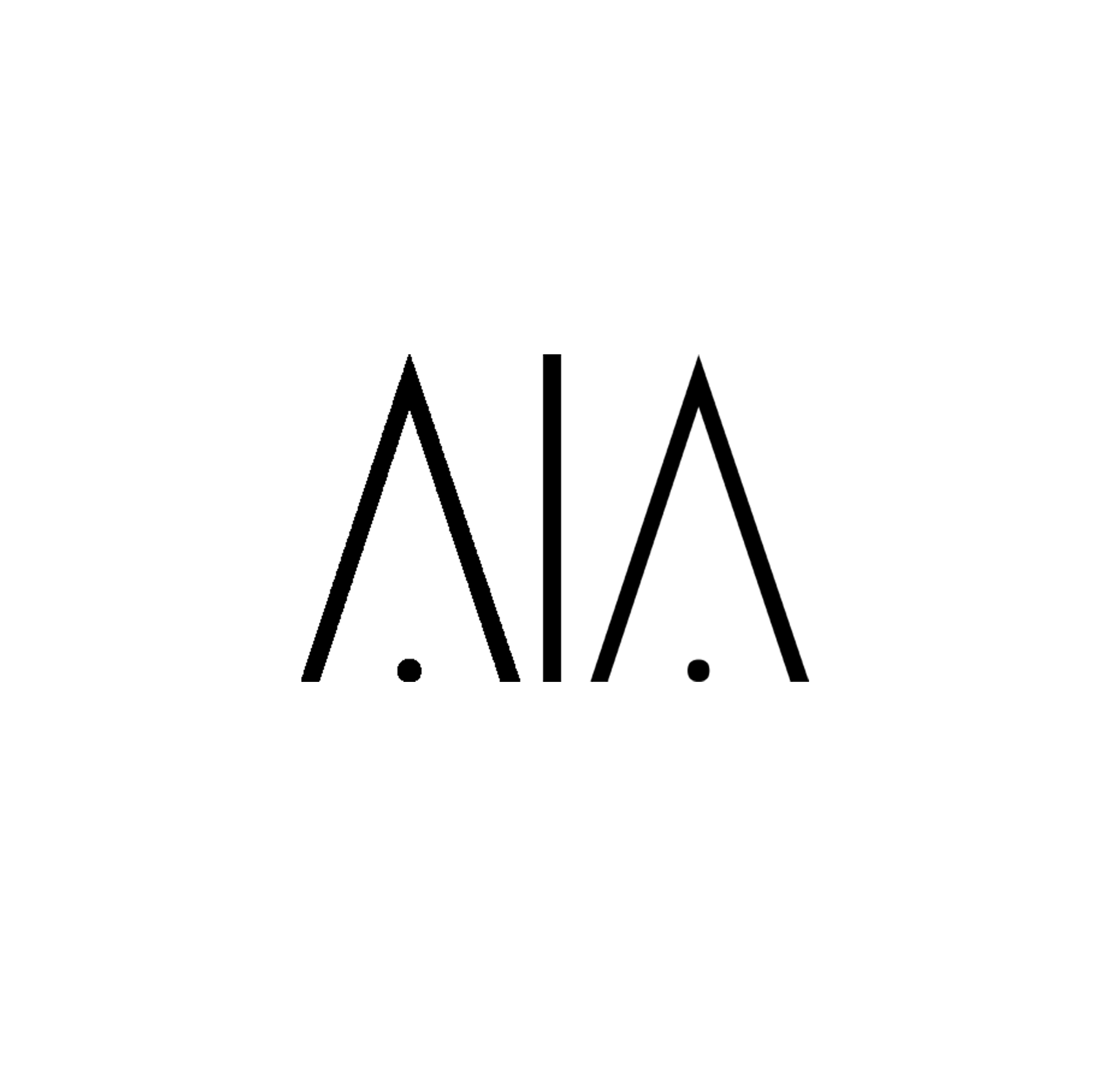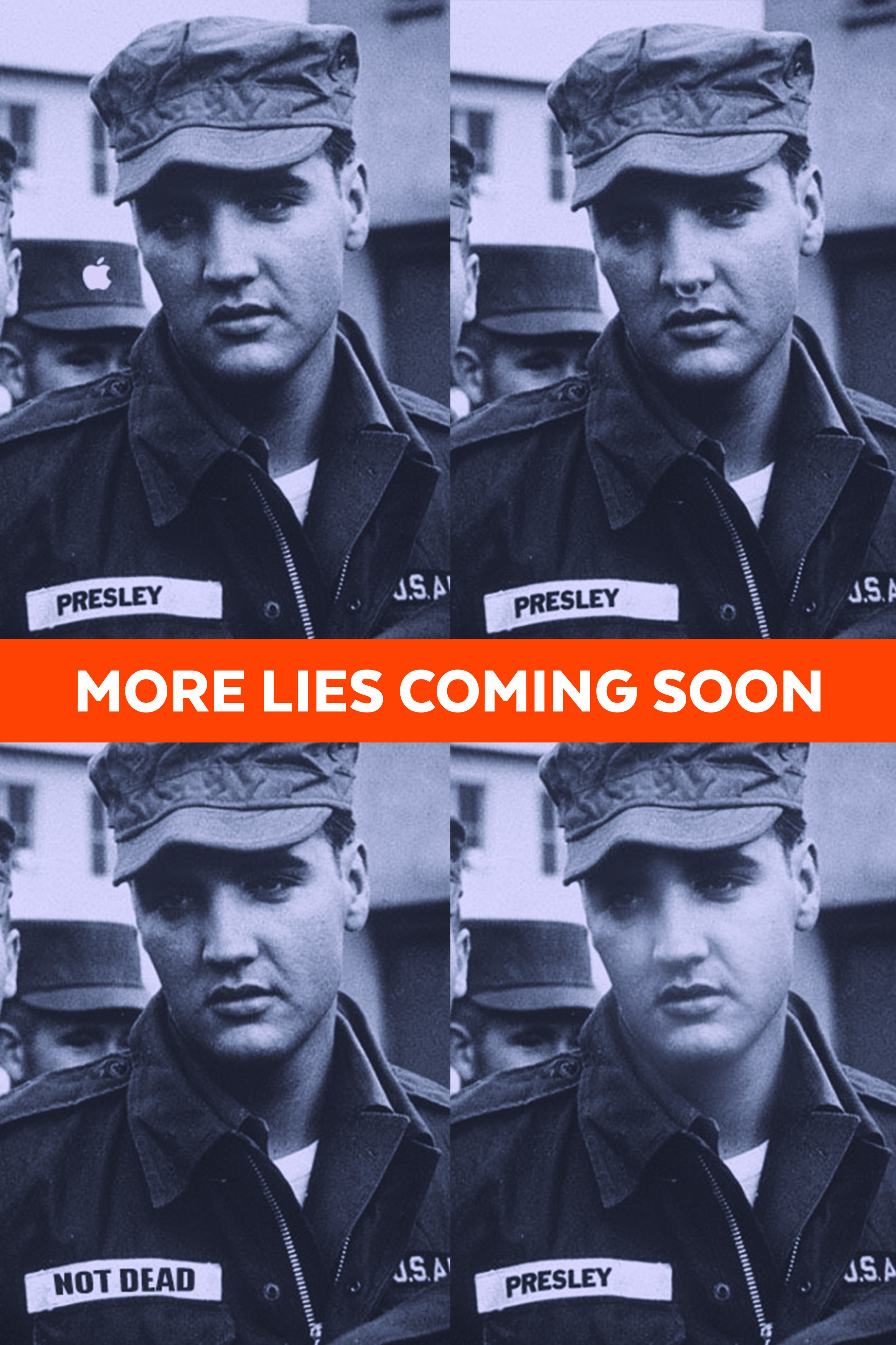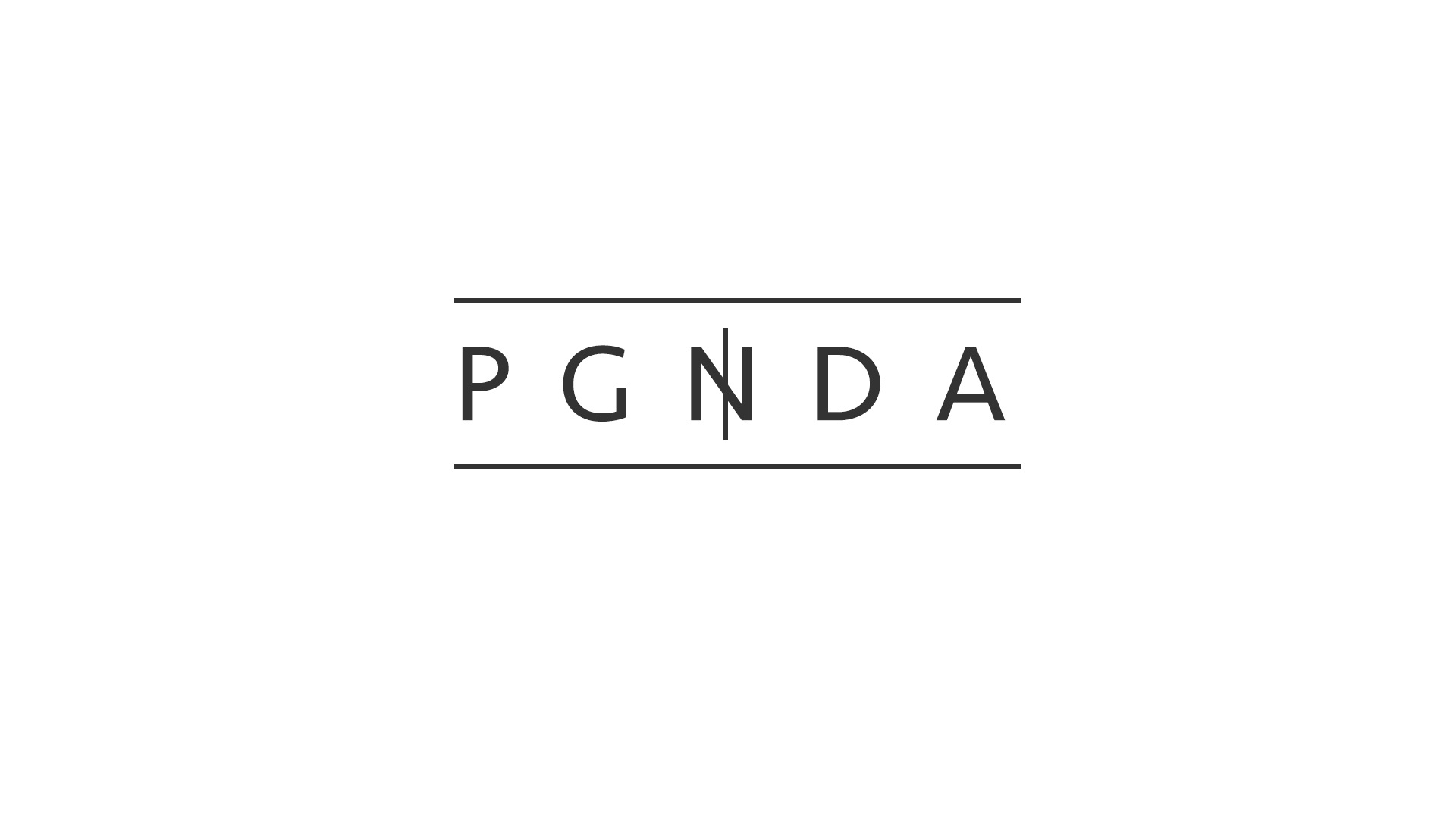Dramaturgy in Politics, Performativity & Repurposing Systems: Bria de la Mare
Bria de la Mare is a director, dramaturg and performer, currently studying her MA in Directing for Devised and Object Theatre at the Academy of Performing Arts in Prague. We find out more about pending intervention, Popaganda, which is Bria’s final thesis project, to be followed by written thesis ‘Politics of Performativity’.
AS: How would you describe your practice?
BDLM: It’s difficult to describe a practice I feel I haven’t practiced enough, however something I notice that is always present in my work is stealing. I tend to use two ‘methods’ of stealing; either I steal content from pop-culture, history, music etc. and use it to create the material for my own work OR I steal a form or system that is already working (for example a shop) and use my skills as an alternative theatre maker to disrupt it. I originally come from a performing background, but I’ve slowly moved away from concentrating on acting as being the central part of my work. I’m now more interested in making work that can just exist without so much human intervention, I think it might be an attempt to be more diplomatic (especially in work that has a political motivation) but I’m not sure if it really works like that in reality.
What is your work interested in?
I think my work is interested in popular things, not because of their content but I’m interested in why that thing is popular in the first place. For example, when I tell people I’ve watched every single episode of Keeping Up with the Kardashians they assume I’ve just fallen victim to the binge watching draw of mindless reality TV (which isn’t exactly untrue) but really what keeps me watching is this ongoing investigative work I like to think I’m doing, trying to figure out if there is something important behind such trivial things.
I can begin watching a series with all the cynicism and criticism in the world, but at some point, I’ll notice that I’ve started watching as an audience member who is totally immersed and at the mercy of the shows editors. At this point comes the moment where I can start analysing what happened during this transformation, what was so important that I forgot all my cynicism and criticism? It happens often, more than I would like to admit perhaps.
I feel there is some potential in what their popularity says about us, they have to be important in some way, they can’t be just trash. Figuring out why is the question that my work is interested in and I hope that the answer of what makes them important can actually be used to improve my own work.
Can you describe how politics informs your work?
Politics, in some form is nearly always the starting point of my work. I don’t think I would be doing art if I didn’t think it could have a political impact. I would have studied something else otherwise, which I nearly did.... I would say my work focuses on political issues rather than being political itself, although in many ways it itself becomes a political act. I really struggle to make something without having a political mission that motivates the work, I’m still trying to figure out why that is.
You mentioned your perfect job as Bernie Sanders’ Dramaturg. What would this entail?
Ah yes, half-jokingly, half seriously. I follow American politics closely (much like I follow the Kardashians)! and seeing how the democratic party lost in such a spectacular fashion made me convinced that there was a huge lack of awareness of how performativity can work for a political campaign. For example, when Jeremy Corbyn appeared on stage at Glastonbury and there were young people in the crowd with the Corbyn/Nike style t-shirts sitting on shoulders of their mates, that was theatre, it was clever. There is an ethical way to bring performativity into political campaigns that target the emotions of the voters AS WELL as their logic, which is important because you do need both to win. This combination is powerful and can create optimism in the voting public. I’m sure there are dramaturgical like roles in campaigns already, but maybe there should be one purely for this performative aspect of a campaign.
What do you think the role is of artists in society?
The other day Kanye West was quoted in an interview defending his actions saying it’s the artists responsibility to be irresponsible. In some ways (not in this particular case) I agree with him, but irresponsible in a way that an artist should have the freedom to take and live different perspectives that other members of society don’t have the freedom to do (maybe because of time, commitment and their own responsibilities). Through these different perspectives the artist can offer back her findings to others, who can use this offering to enhance their understanding of the world and to add their own critique. It sounds maybe a bit hierarchical, but it’s essentially a service that you provide a community, like any other job or role. With this role definition however, technically anyone can be an artist at any given moment. Through a moment of realisation, a new perspective on something, a person deciding to share their findings with the world takes on the role of an artist. Some days I believe being an artist is a job and other days I believe it’s an (irresponsible) state of being that we all experience at certain points in our lives.
I’m really interested in the way art and intervention plays out in your work. Can you tell us about Popaganda. What are your motivations behind the project?
The first part of my motivation behind Popaganda was a desire to figure out how Post-Truth works, how does something that seems so blatantly fake appear real? The second part was to create something that already exists like a shop (but I also toyed with the idea of making a museum) and see what adding performative techniques would do to it. From the initial research and tests for Popaganda however I started to feel that all I was doing was just adding commentary on top of a topic that was already over discussed. I then was reading a book called Strike Art (about art during Occupy Wall Street) and read this great quote “For Civil disobedience to have any meaningful effect, the resistor must appropriate something of value to the state.” It inspired me to think about what was valuable to the state in these situations; lying, so the intention became to appropriate lying and turn it into a tool that could be useful to us as resistors to Post-Truth. Now the store sells you the best possible ways to lie and advice on how to use those lies to live in a society that is rigged against you. Popaganda is now basically constructed as if it was a cult, we have become a whole system very much like the one we were critical of in the first place.
How much has studying internationally affected your work?
Very much, I honestly cannot imagine being where I am in my practice without making the move abroad. I now look back on my time in the British education system with immense criticism. There was very little freedom, no time to explore and an overbearing pressure to produce, that was my experience at least.... It also exposed me to a lot of work I just would not have had the chance to experience had I stayed in the UK. I think one performance can have a lifetime effect on the practice of an artist. I saw one performance actually at a festival in the Netherlands and it gave me the confidence to try more installation-based work as opposed to my previous experience in devised plays and then came Popaganda.
Do you see any differences in creative landscape of Prague v UK?
For sure, although I’m hesitant to speak so much of the existing industry and scene in the UK as I was never fully immersed in it having never lived in a British city with a diverse performance culture. I think there’s a lot I really don’t know about the creative landscape of the UK and I look forward to discovering it in the future. I can say that in Prague at least there seems to be more space given to experimental work, there are some great theatres in Prague that regularly open their doors to new works and they are usually well attended, this was quite shocking to me initially. I think there is also better access to these types of performance, I’ve never paid over £10 for a theatre ticket, with most performance costing me on average £3, I would say that’s almost unheard of in the UK?
What would your future utopia look like?
Oh, it’s difficult to think of a utopia without thinking of a Noah’s Ark type world starting, clean slate scenario and I don’t really want to think of my utopia like that because it’s too depressing. I’d like to see a society that gave more time and removed the pressure to produce and earn so much. I think with more time people would naturally act more rationally, with empathy and acceptance and it could change for the good so many issues we face as a global society. But first we would need a system of government and an economy that would actually want that to be an actuality, which now it certainly does not.
If you had one call-to-action for city leaders in relation to arts and culture, what would it be?
Besides funding, I would call them to create more roles and positions in systems such as teaching, government, cultural bodies that are focused on developing arts and culture, and those positions should be filled by artists. I want to see more artists in roles beyond art making and teaching. Artists = World Leaders.
Popaganda is a post-truth concept store, equipped to help you surivive in a word that is rigged against you. Popaganda x Prague arrives September 7th-9th at Themos, Náměstí Václav Havla.


